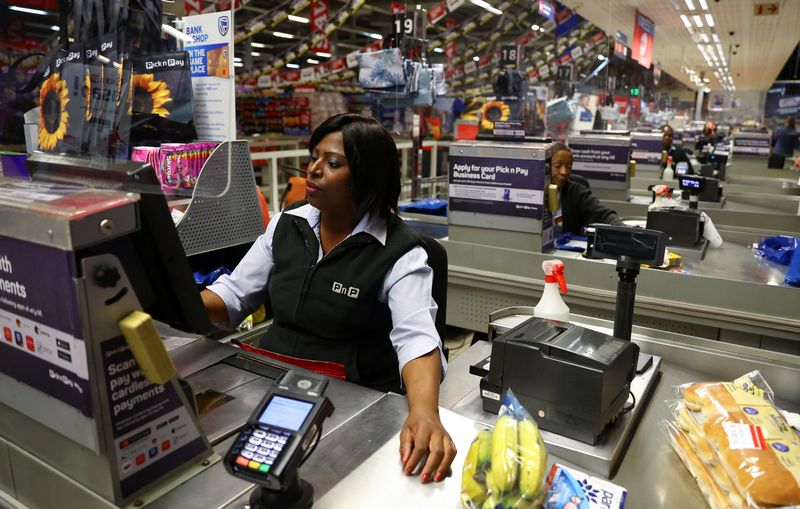JOHANNESBURG (Reuters) - South Africa's private sector saw an uptick in growth in September, driven by a rise in business activity and a significant cooling of inflationary pressures, a survey by S&P Global showed on Thursday.
The S&P Global South Africa Purchasing Managers' Index (PMI) climbed to 51.0 in September from 50.5 in August, marking the second consecutive month above the 50.0 threshold that separates growth from contraction. This reading is the joint-highest in over two years, matching that of August 2023.
The increase in business activity was largely attributed to a rise in new work orders, with the wholesale and retail sectors showing particular strength.
"The latest PMI data provides further assurance that the South African private sector economy is on the right track, with September seeing growth accelerate to the joint-fastest in over two years," said David Owen, senior economist at S&P Global Market Intelligence.
Inflationary pressures eased significantly, with input costs rising at the slowest rate in over four years. A number of businesses surveyed by S&P also reported that the local rand currency's strength against the U.S. dollar reduced import costs.

However, despite an improvement in business activity, the recovery in business conditions was lopsided, S&P said.
While wholesale and retail sectors experienced growth, other segments like industry, construction, and services saw modest declines. Firms also continued to face supply chain challenges, particularly delays at domestic ports, it added.